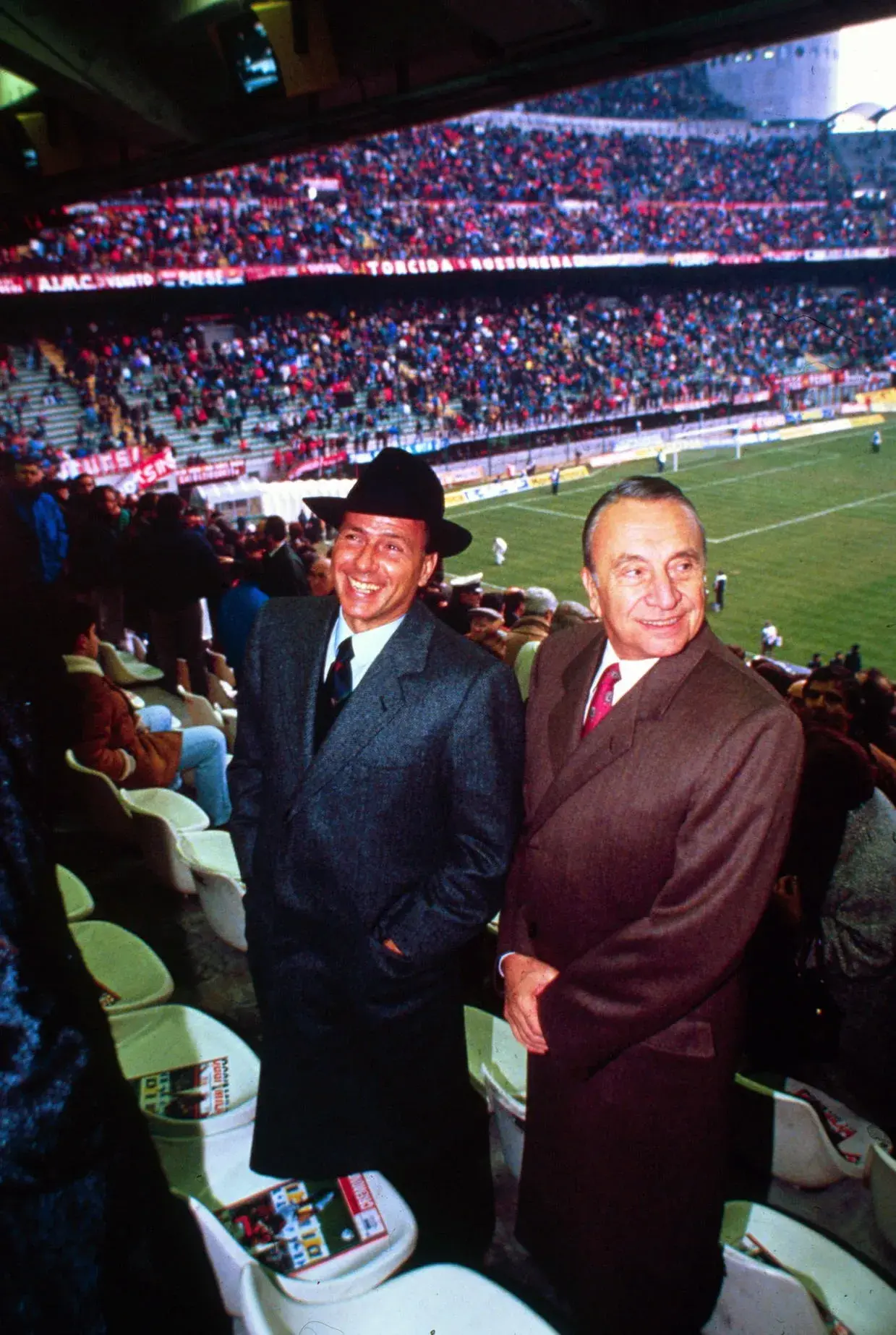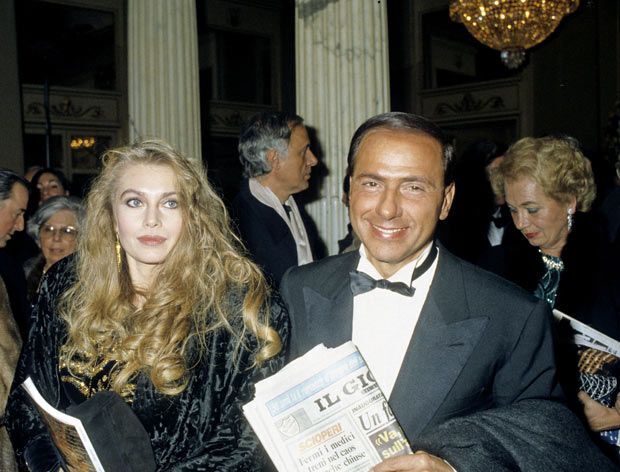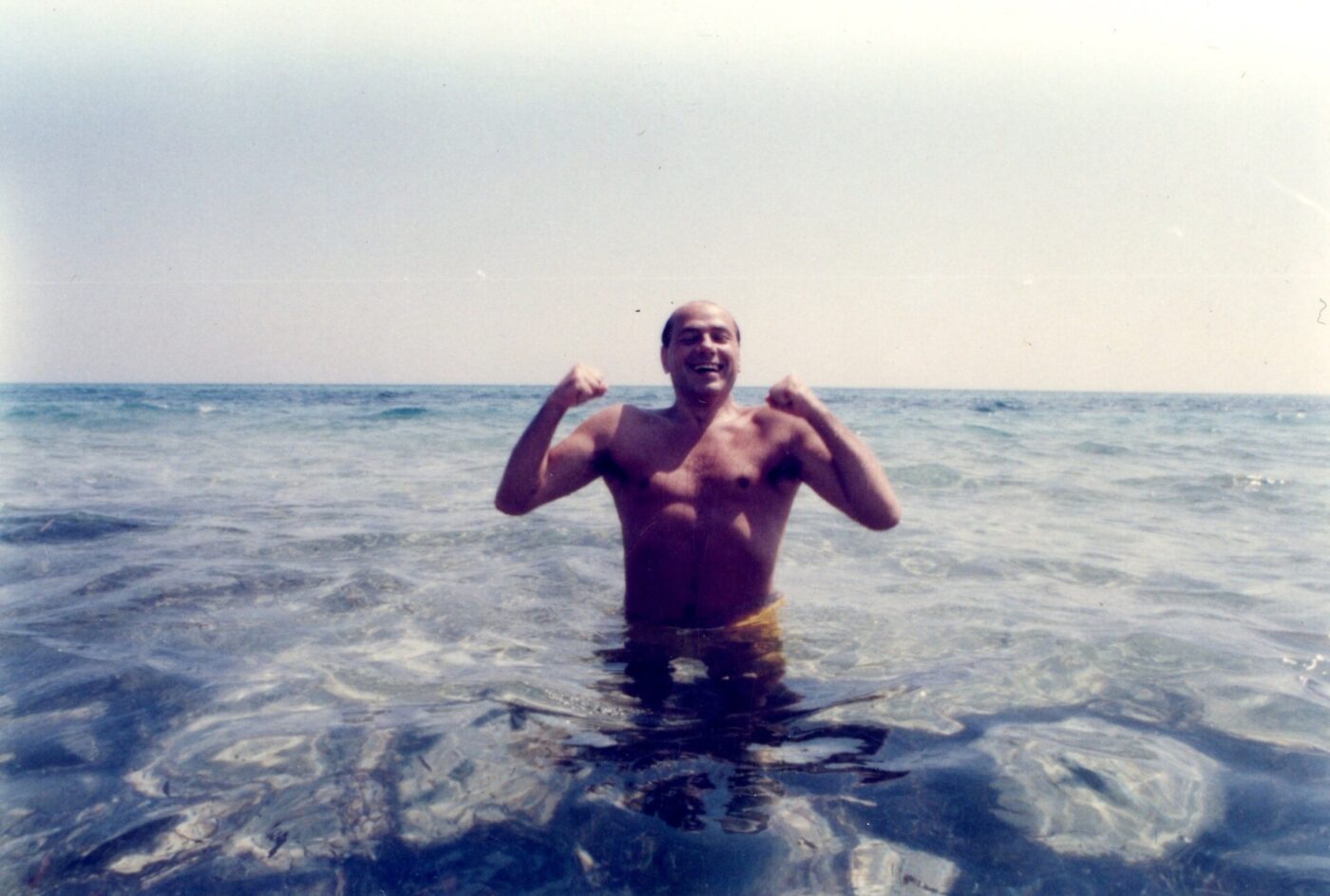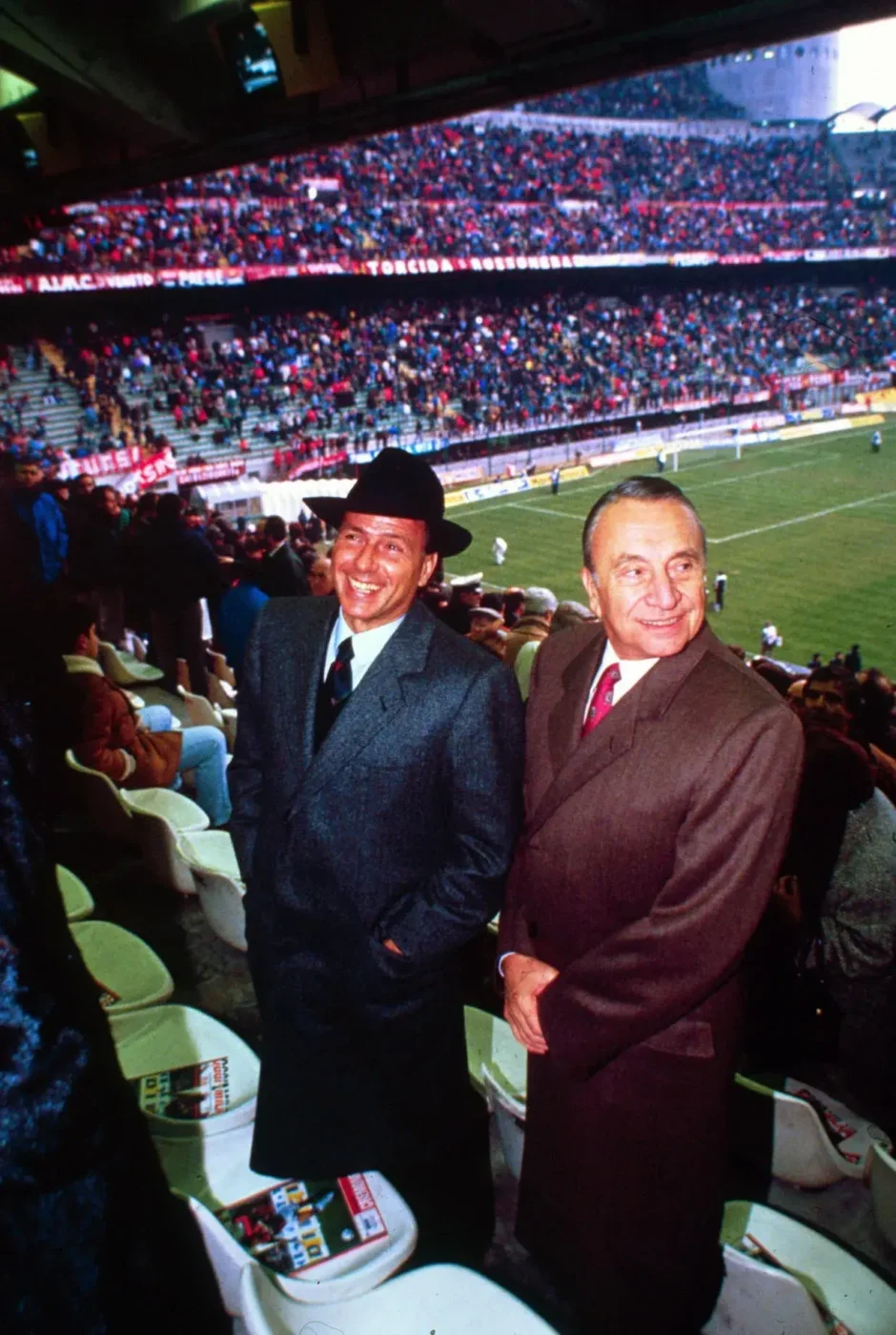Berlusconi has died. I get the message on WhatsApp shortly after 10 AM. I stop in my tracks. I have to repeat it at least four times to grasp the concept.
10:20 AM. The second message arrives:
“Berlusconi is dead.”
No one believes it.
“Se non lo vedo, non ci credo”
“I need to see it to believe it.”
Links and messages start arriving in spurts.
Berlusconi’s Death, The Corriere–
“Corriere doesn’t use fact-checkers.”
“BBC confirmed.”
Breaking News: Silvio Berlusconi, former Italian PM, dies at 86 (BBC News)
The Man who screwed the entire country, The Economist
“It was on radio 24, 20 minutes ago.”
For those of us who lived through the bunga bunga years, it’s huge news.
The phone keeps ringing. Everybody seems incredulous at the stark reality, that the man who seemed–or rather believed himself–immortal, is no more. And, with his death, is also the end of an era.
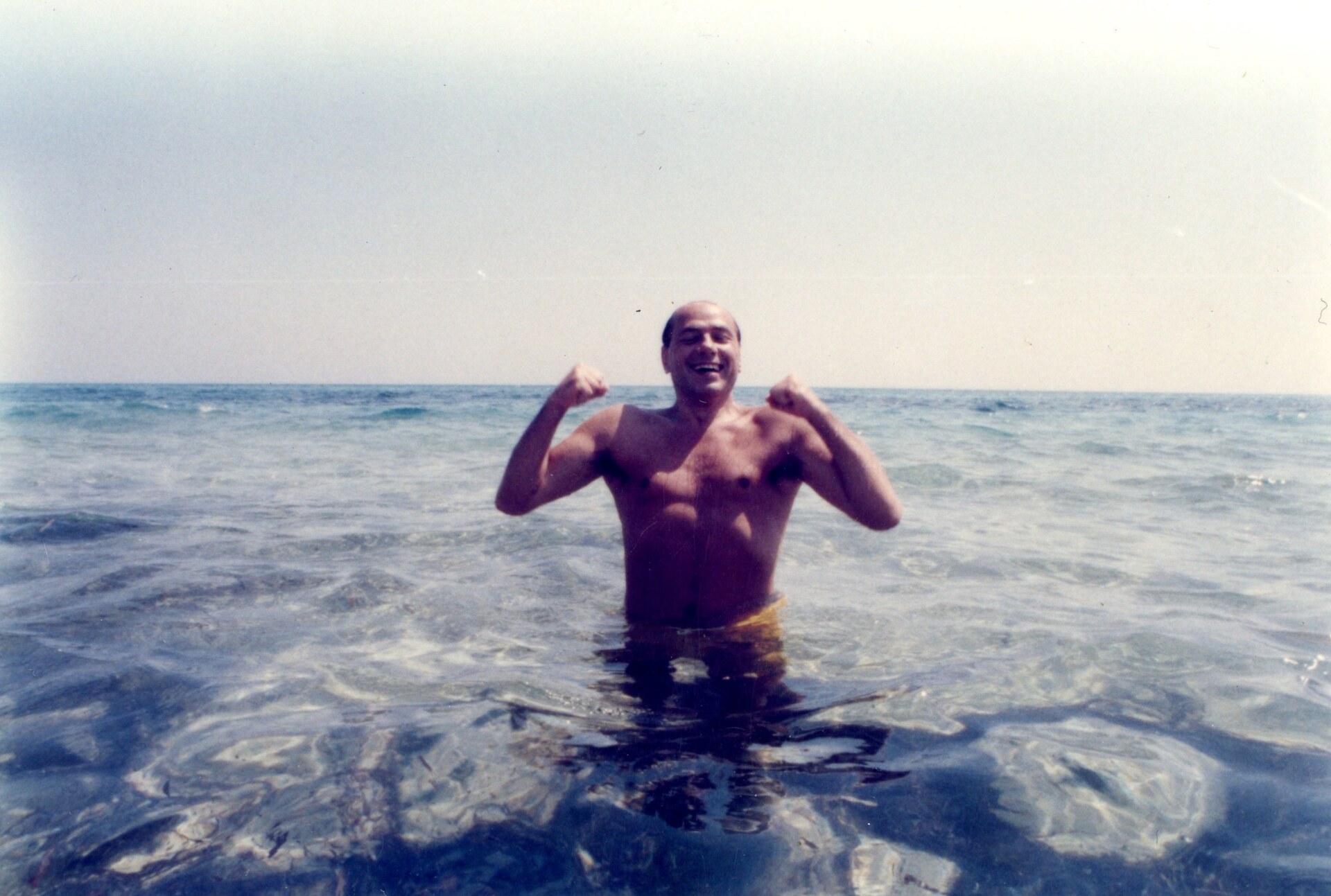
For a girl like me, born in the ‘90s, in an extremely politicized home (and not in favor of Berlusconism) the news of his death is like a bucket of cold water.
I think, as indeed everyone else has thought, it is the end of an era. A chapter of Italian history–and not just political history–closes with him. Whether one loved or hated him, liked him or was repulsed by him, Berlusconi never left anyone indifferent. Everyone, always, had an opinion about him. He animated everyone’s discourse, at the dinner table and elsewhere, for decades. In my childhood memories, as a teenager, Berlusconi and his pervasiveness were omnipresent.
In a sense, with him goes my adolescence–it has been gone for quite a while, but now it seems definitely over, closed, a distant memory. I don’t know why we all thought he would be immortal. He belonged to the sphere of myth. From the first TV talk shows to the clashes with Travaglio on Anno Zero, from his bandana in Sardinia with Putin to the olgettine scandals, we all laughed (if bitterly) and were pained by this histrionic individual who was able to play dozens of roles at once: business mogul, founder of Mediaset, owner of the Milan football team, the longest-serving Prime Minister of Italy with three terms, the leader of Forza Italia centre-right political party, and a controversial figure, accused of sexual harassment, tax fraud, and corruption.
In a few words, not a great man, but definitely an influential one.
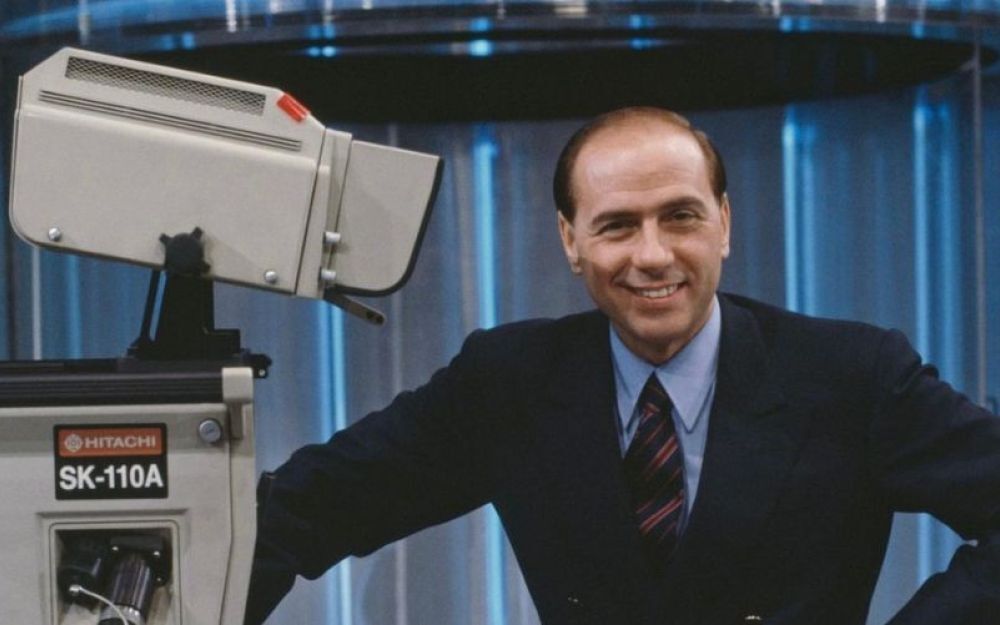
So now I wonder, if immortal Berlusconi is dead, then have I aged that much too? A shiver of awareness runs through my body–have my parents aged that much too? How much time is left for them? Does time really go by so fast? But then it is true that everything ends, nothing is forever, and every time you realize this tremendous truth, you feel yourself dying inside. History when you live it in the moment is just life. Today, looking back 20 years, I see history as a series of slides attached to each other in sepia tone: the war in Iraq, Berlusconi and Bush, the twin towers, the peace march in Assisi and the one in Rome, the bunga bunga, the trials, the ridiculous photos with heads of state, and so on.
I don’t know why I was so sad yesterday. It’s no doubt that Italy will be a better place without him. Maybe it’s that his death is another door closing on the era of MSN messages, of grandparents, of watching Mila e Shiro on Mediaset at three in the afternoon. Maybe it is the inexorability of the word “end” that makes us realize that time is passing for everyone. As De Gregori sings “gli angoli diventano curve nella memoria,” corners become curves in memory.
